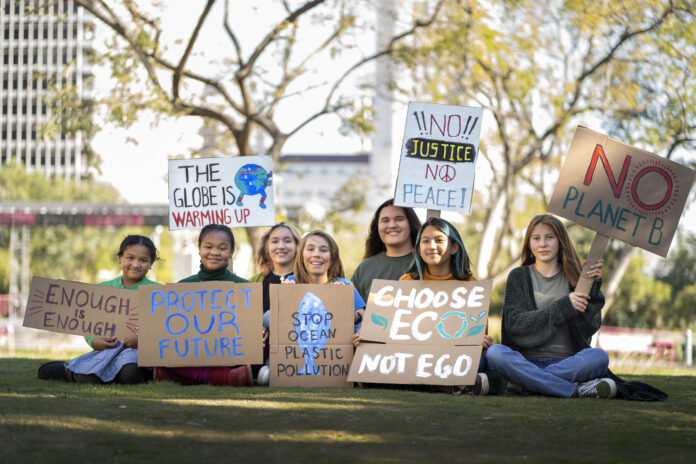Project Information
Project Reference: 2022-1-PT02-KA152-YOU-000067322
Status: Completed
Duration: August 1, 2022 – May 31, 2023
EU Grant: 39,070 EUR
Programme: Erasmus+
Action Type: Mobility of Young People
Countries Involved: Portugal, Romania, Greece, Lithuania
Background
The project Nature’s Calling was developed in response to the growing need for young people to understand how their daily behaviour affects the environment. Many new publications and online materials appear regularly, but youth often struggle to keep up with the latest information. Since topics such as recycling and waste management are not widely taught in schools, young people lack the skills needed to act responsibly. The project aimed to fill this gap by offering practical learning experiences.
Objectives
The main goal of the project was to help 28 young people from four countries learn how to become environmentally friendly citizens. The project set out to develop active citizenship in the field of environmental protection, strengthen knowledge about sustainable practices, and improve young people’s skills in making eco-friendly choices. Another important objective was to build the capacity of the partner organisations to engage in international projects focused on environmental issues.
Implementation
The project was carried out through an eight-day youth exchange hosted in Rabo de Peixe, Portugal, from 2–11 December 2022. Activities also took place in Ponta Delgada, where participants met local businesses to learn how they measure and reduce their environmental impact. The exchange brought together young people aged 18–26 who were motivated to take action for the environment but needed practical guidance. The project followed the principles of non-discrimination and equal access.
Key Activities
During the exchange, participants explored practical methods for reducing environmental harm in their daily lives. They took part in workshops, interactive sessions, and field visits that connected theory with real examples. Meetings with local companies helped them understand how organisations try to offset their ecological footprint. The activities focused on hands-on learning, teamwork, and discussions about the EU Biodiversity Strategy for 2030, highlighting the link between personal behaviour and global climate challenges.
Results
The project helped participants gain valuable knowledge about recycling, waste reduction, and responsible consumption. They learned what it means to be an eco-friendly citizen and developed skills they can apply in their communities. Many participants improved their teamwork and communication skills through the collaborative tasks carried out during the exchange. The project also strengthened the ability of the partner organisations to work together on environmental topics in future international initiatives.
Impact
In the short term, participants developed a stronger sense of active citizenship and became more aware of their environmental impact. In the medium term, they began to adopt eco-friendly habits and inspired others by organising online and in-person dissemination events. In the long term, the project supports the goals of the EU Biodiversity Strategy for 2030 by encouraging positive behavioural change. Through increased cultural understanding, cooperation, and shared experiences, young people contributed to building a more sustainable and united Europe.










